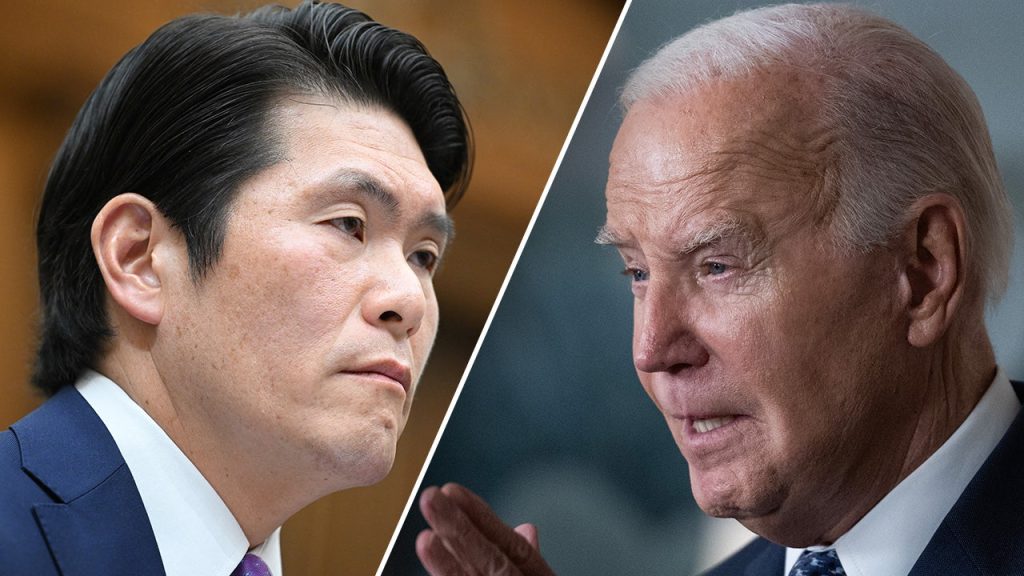The Justice Department has argued in a court filing that they cannot release audio from President Biden’s interview with Special Counsel Robert Hur due to the threat of potential deepfakes. The DOJ stated concerns about malicious manipulation of audio files and the ease with which altered recordings could be passed off as authentic and widely distributed. Releasing the true recording, the department argued, would make it more difficult to disprove false versions. This filing came as part of a legal challenge against Biden’s efforts to assert executive privilege over the recording to keep it from the public.
Biden’s administration is facing pressure from conservative legal groups and House Republicans to release the audio from his interview with Hur, during which he was grilled about his handling of classified documents. The DOJ has already released a transcript of the five-hour interview, which revealed embarrassing moments for the president. Hur’s report, released earlier this year, described Biden as a forgetful but well-meaning elderly man, highlighting instances where Biden could not recall key details about his life. Biden disputed the report, making false statements about his interview, such as claiming that Hur brought up the topic of his son Beau’s death when the transcript showed otherwise.
House Speaker Mike Johnson, R-La., expressed frustration with Biden’s invocation of executive privilege over the recording, suggesting that the tapes confirm the findings of the special counsel and would alarm the American people if released. Some Republicans have speculated that the transcript may have been edited to protect Biden from embarrassment, but the DOJ denied these claims in their court filing. They stated that only minor adjustments, such as removing repeated words and filler words, were made to the transcript. The controversy surrounding the audio recording highlights the ongoing tensions between the executive branch and those seeking transparency and accountability.
The DOJ’s argument against releasing the audio recording underscores broader concerns about the potential for deepfake technologies to be used maliciously. As advancements in audio, artificial intelligence, and deepfake technologies continue to progress, the risk of manipulated recordings being passed off as authentic poses a significant threat. By withholding the audio, the DOJ aims to prevent the spread of false versions that could mislead the public. The debate over the release of the recording reflects the challenges of balancing transparency with security in an era where technology can be easily manipulated for nefarious purposes.
Biden’s handling of the classified documents probe and his subsequent disputes with the special counsel have raised questions about his administration’s commitment to transparency and accountability. The clash over the audio recording highlights the political divide between the Biden administration and its critics, who are pushing for greater disclosure of the president’s interactions with the special counsel. The legal challenges and public scrutiny surrounding this issue underscore the importance of ensuring that public officials are held to account for their actions, even as they seek to safeguard sensitive information. Ultimately, the outcome of this dispute may have far-reaching implications for how future administrations handle similar investigations and the release of potentially sensitive materials.
As the legal battle over the audio recording continues, the public remains in the dark about the contents of Biden’s interview with the special counsel. The DOJ’s concerns about deepfakes and the potential for misinformation to be spread through manipulated recordings highlight the broader challenges facing society in the digital age. The ongoing debate over the release of the recording underscores the need for robust safeguards to protect the integrity of audio and other forms of digital evidence, while also ensuring transparency and accountability in government. The outcome of this case will likely have lasting implications for how information is shared and consumed in an era where technology can be easily manipulated for political or personal gain.


